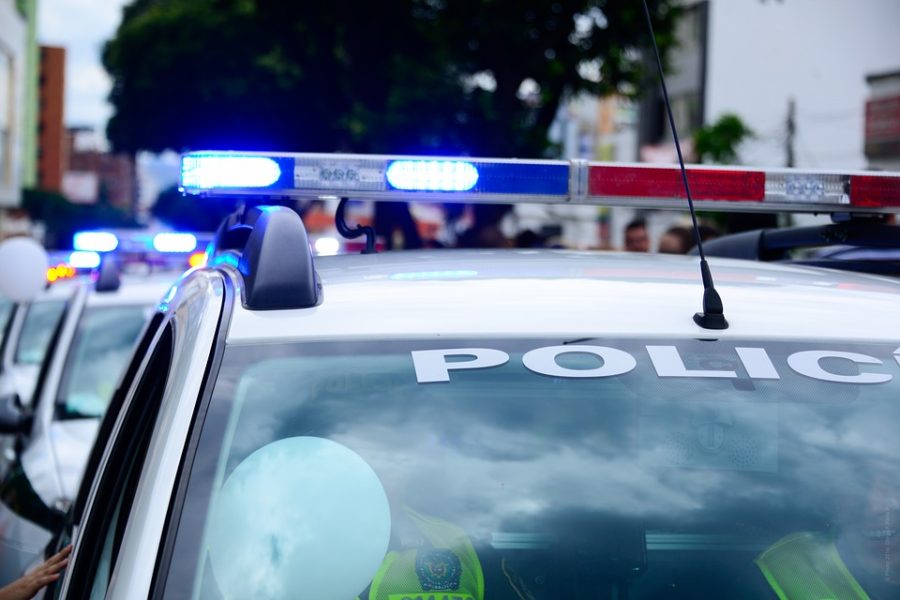
By Gus Herrera
Although this year’s football season may have ended in disappointment for the three Pasadena high schools who offer a pigskin program (Muir, Pasadena High, and Marshall Fundamental), the school district’s newfound partnership with Keck Medicine of USC is poised to be a winning combination for years to come.
Spearheaded by Dr. Alexander Weber, assistant professor of clinical orthopedic surgery, and his team of sports medicine physician fellows, the folks at Keck Medicine have undertaken the critical mission of supporting the Pasadena Unified School District’s (PUSD) football teams.
Starting this past season, Keck Medicine was able to provide a highly-trained volunteer physician for every PUSD home game – a much-needed, critical resource for Pasadena’s student athletes.
As anyone who has seen five seconds of a game knows, football is a violent sport – a series of high-speed collisions amongst controlled chaos, spread over 60 minutes and 120 yards.
But, with all the gridiron glory, comes the inevitable breaking of bones, rolling of ankles, and, most unfortunately, the bashing of brains.
Recent studies undertaken by Boston University’s Chronic Traumatic Encephalopathy (CTE) Center have been groundbreaking in revealing the traumatic and potentially-fatal consequences of repeated blows to the head.
As a result, the sport of football has found itself at a critical crossroads and seeming low-point in popularity (not to mention the NFL’s struggling television ratings). Many parents across the country have changed their minds about letting their children play football.
Last year, Blair High School was even forced to shut down their football program a handful of games into the season due to minimal student participation and parental concerns regarding safety.

Thus, by its very nature, the game of football requires medical professionals to be on the sideline, ready to jump into action at a moment’s notice – California state law mandates the designated home team to provide a doctor in order to start any given game.
As good as this may sound on paper, the effectiveness of this rule varies with that individual’s medical expertise and, more importantly, willingness to get involved.
“It came to my attention that, at a lot of programs, that person may or may not have any experience taking care of injured athletes … mom may be a … cardiologist [or] anesthesiologist … but that doesn’t mean she’s willing or wanting to take care of any of those athletes,” says Dr. Weber, “they [may not be] interested in standing on the sidelines, evaluating the injuries, and don’t necessarily have the expertise in those areas.”
But, thanks to Keck Medicine, it seems those days are firmly in the rear-view mirror. Dr. Weber sees this newfound partnership as a “win-win” for both sides – while the district is now able to provide its students with high-quality medical attention on gameday, USC’s trainees gain much-needed, hands-on experience to prepare them for their careers ahead.
Better yet, Dr. Weber describes the program as being in its “infancy” – the ambitious surgeon envisions the partnership eventually spreading to other PUSD sports programs and hopes to one day provide an athletic trainer for every high school – something the district is currently unable to provide due to fiscal limitations.
“I think it would be great to have an athletic trainer at every school … that gets to know the athletes on a daily basis … more importantly than just focusing on football and basketball is having some weekly communication or way that we provide care to all the student athletes … so that … if you’re having problems or you want to seek medical care … there’s an avenue in place where you can be seen,” says Dr. Weber.
Time (and money) will tell if the doctor’s dream will come to fruition, but the work done by Keck’s volunteer physicians this past year alone remains priceless.
In conclusion, Pasadena’s football teams may not have earned any playoff spots this year, but they gained something much more valuable – professional, passionate, and highly-motivated medical support.






